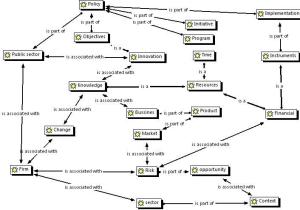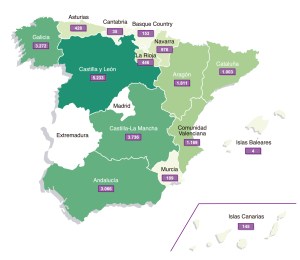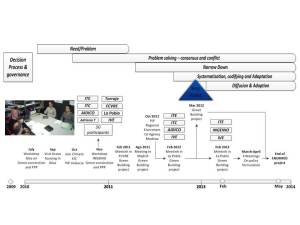Cristian Matti & Davide Consoli
The European Community (EC) has proactively promoted the development of renewable energy for over 20 years by means of standards and regulation designed to align incentives and opportunities. These actions have spurred a variety of responses and modes of implementation with distinctively local characters among member states. The diffusion of wind energy in Spain is a good case in point to illustrate how coordinated multi-level environmental policy can successfully promote the emergence of new sectors. Building on a wide platform of supranational and national directives, Spanish regional governments have designed and implemented development strategies based on the mobilization of locally available assets. This has resulted in differential growth of industrial, research and policy capacities across regions, and a rich spectrum of development trajectories that leverage on and feed back into regional-specific tangible and intangible assets. This chapter outlines the intertwining of technological, industrial and institutional developments that allowed Spain to become an active pole of innovation and growth in the wind energy sector.
Book: The Economics of Knowledge, Innovation and Systemic Technology Policy












